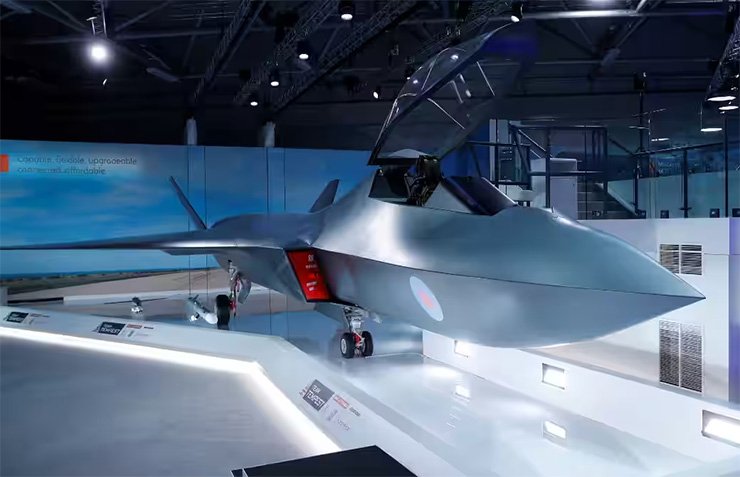
London: A landmark sixth-generation fighter jet project involving the United Kingdom, Italy and Japan is on track and will reportedly stick to its current timetable, revealed sources. Thus, the world may very well witness the arrival of sixth-generation fighter jet by 2035.
According to a media report, one of the Global Combat Air Programme’s industrial partners said that despite Saudi Arabia’s request to join the initiative, the project is very well on time. The project was launched in December 2022. The United Kingdom, Italy and Japan came together for this project to build the most advanced sixth-generation fighter jet by 2035. The UK, Italy and Japan are aiming to develop the aircraft in record time by using advanced manufacturing methods and digital tools.
Lockheed Martin F-35 Lightning and Lockheed Martin F-22 Raptor are the most advanced fifth-generation fighter jets used by the United States Air Force at present.
“For the tri-national grouping, the 2035 deadline to deliver the sixth-generation fighter jets is a “fundamental requirement”, said the managing director of Future Combat Air Systems Herman Claesen. “You start to look more at a tiering system or other mechanisms, where at the minimum people could have observer status, all the way to being a full-blown partner,” he said.
Saudi Arabia has made a vehement push to become a full partner in the Global Combat Air Programme (GCAP). However, Saudi Arabia’s request has met with opposition from Japan and the UK and Italy are open to Riyadh joining the idea, according to media reports. As one of the leading buyers of combat aircraft from European nations, especially the United Kingdom, Riyadh is keen to join the project. Saudi Arabia is also pushing domestically for the defence industry.
The UK defence ministry said it was “committed to delivering this world-leading fighter jet alongside our partners by 2035”. The Global Combat Air Programme (GCAP) is being developed at the same time as a rival Franco-German programme, called Future Combat Air System (FCAS), which has been marred by industrial tensions between the partners.








